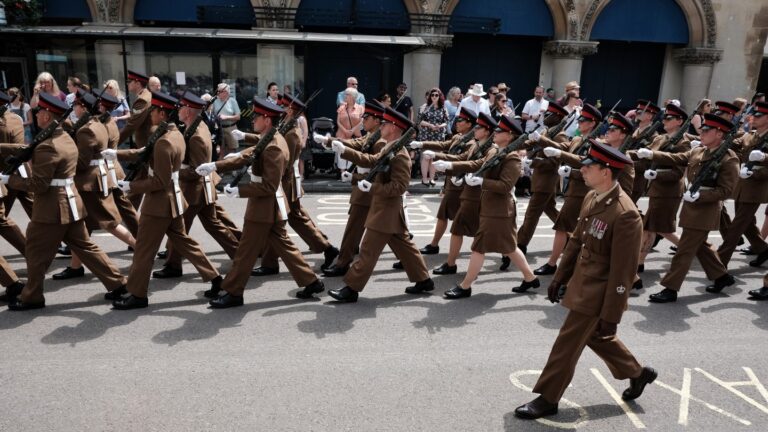
BBK Manifesto: Let police investigate Armed Forces sexual offences
Serving in the Armed Forces should never mean being denied justice. Yet when it comes to sexual crimes, service personnel face significantly lower conviction rates than civilians. That disparity must end. Offences involving sexual harassment, assault and image-based sexual abuse should no longer fall under the jurisdiction of military courts, BBK believes.
Why the current system fails
Confidence in the Service Justice System is already low. Reviews such as the Lyons Review, the Wigston Review and the Atherton Report by the House of Commons Defence Committee have all concluded that the military justice system is not the right forum for investigating and prosecuting sexual offences. Survivors consistently say they lack trust in both the Service complaints process and the Service Justice System.
In 2019, the Lyons Review noted that sexual offending at the Court Martial appears to have lower conviction rates than in the civilian justice system, especially when it comes to rape conviction rates. The review noted that between 2015 and 2020, the 5-year average conviction rate for rape in the criminal justice system, according to Ministry of Justice data, was approximately 34%.
Between 2015 and 2020, the average conviction rate for rape at the Court Martial (Service Justice System) was around 16%.
The Government has also recently introduced reforms such as the Victims’ Right to Review pilot, supported the Law Commission’s recommendations to modernise how sexual offences are tried, and committed to major new investment in victim support services. These reforms show clear momentum towards strengthening civilian justice. Those serving in the Armed Forces should not face a different or weaker route to justice than civilians.
The human impact
Behind these statistics are real people. Servicewomen and men who already face the enormous pressures of military life are being denied fair access to justice when they are subjected to sexual abuse. Many describe unwanted advances from colleagues, harassment from superiors, and in some cases coercive or abusive relationships where power imbalances are impossible to ignore.
When the system fails to deliver justice, it does more than harm the individual survivor. It reinforces a culture of silence, discourages reporting, and risks allowing perpetrators to remain in positions of authority.
When the system fails to deliver justice, it does more than harm the individual survivor. It reinforces a culture of silence, discourages reporting, and risks allowing perpetrators to remain in positions of authority.
Why change is urgent
Sexual crimes are too serious, and their consequences too long-lasting, to be handled by a system that has repeatedly been shown to fall short.
Civilian courts have the independence, expertise and public confidence that the Service Justice System lacks. That is why all sexual offences, including harassment and image-based abuse, must be automatically removed from the military’s jurisdiction.
The Government now has clear evidence and authoritative recommendations in front of it. Moving sexual offences into the civilian courts is not only fair, it is necessary to protect those who serve.
This blog is part of our 2025/26 Manifesto for Injured People. At Bolt Burdon Kemp, we support injured people not only by winning their cases but by driving change. Guided by our clients’ experiences and partnerships with charities across the UK, we are raising awareness of the change we need to see to better support injured people. We will continue working with politicians from all parties to ensure injured people’s needs are not overlooked in Westminster or beyond. You can read our full manifesto here.









